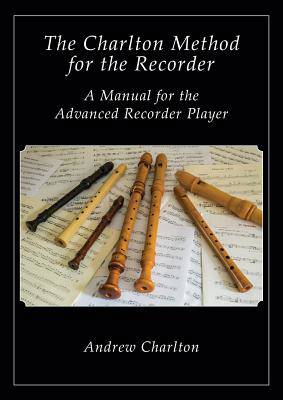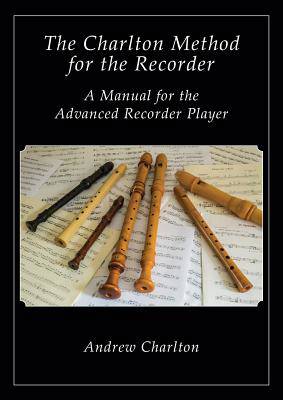
- Retrait gratuit dans votre magasin Club
- 7.000.000 titres dans notre catalogue
- Payer en toute sécurité
- Toujours un magasin près de chez vous
- Retrait gratuit dans votre magasin Club
- 7.000.000 titres dans notre catalogue
- Payer en toute sécurité
- Toujours un magasin près de chez vous
Description
Andrew Charlton (1928-1997) This recorder method was written out of Andrew Charlton's love and dedication to both playing and teaching the recorder. As a professor of music at California State University at Fullerton for many years, Andrew taught music history, composition, instrumental performance classes, and even jazz arranging. He also served several terms as the musical director of the Los Angeles Recorder Society. It was at the meetings of that society that he saw the need for a method that would teach recorder players to be flexible enough to be able to play all recorders and be able to easily change from one to another as needed. He took a sabbatical from teaching at the university to write this book and enjoyed trying out the exercises with his private students. Andrew played several wind instruments, both early and modern, extremely well. Since some of his favourite music to perform came from the Renaissance, the baroque, and jazz, he was particularly talented at improvisation in both early music and jazz styles. He taught and performed at many workshops and conferences put on by the American Recorder Society and he also enjoyed visiting England whenever he had the chance. In the spring of 1990, Andrew was invited to be a composer and conductor at the British Society of Recorder Players Conference, and he followed that conference with later visits to the U.K. Living in Southern California, and a member of the Los Angeles Musicians Union, he also occasionally played the recorder on film scores that called for the instrument. Andrew was very happy to have his recorder method used by so many music lovers, and he was well aware that the method has been used by players of the gamba and other instruments as well as the recorder. He wished all who use it "happy playing."
Spécifications
Parties prenantes
- Auteur(s) :
- Editeur:
Contenu
- Nombre de pages :
- 192
- Langue:
- Anglais
Caractéristiques
- EAN:
- 9781908904799
- Date de parution :
- 10-07-15
- Format:
- Livre broché
- Format numérique:
- Trade paperback (VS)
- Dimensions :
- 210 mm x 297 mm
- Poids :
- 471 g







